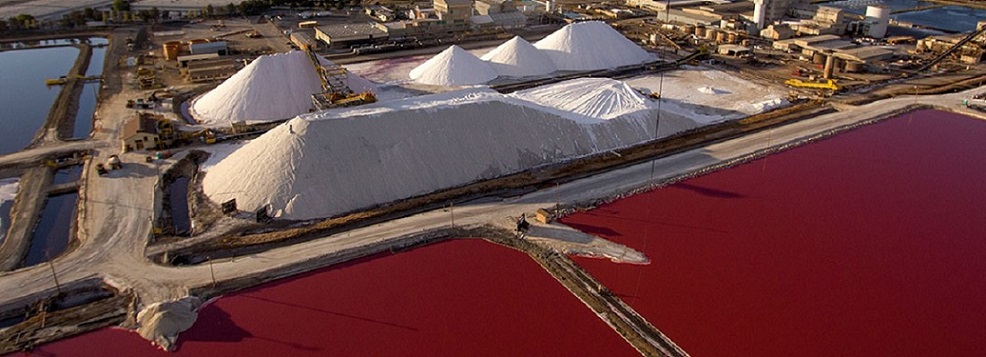Cargill Salt, a privately held Minnesota-based company, released its decision this week, ending a nearly 12-year federal dispute.
Pamela Cruz. Peninsula 360 Press [P360P].
After years of court battles, several environmental groups that have sought to protect Redwood City's salt ponds can finally claim victory, as the company Cargill Salt announced that it will not appeal a judge's decision, which prohibited it from building a giant real estate development in the area, which since March has been subject to the federal Clean Water Act.
The Minnesota-based private company released its decision this week, ending a nearly 12-year federal dispute.
In March of this year, the U.S. Environmental Protection Agency (EPA) withdrew an appeal made during the administration of Donald Trump for the possible expansion and development of the Cargill property, which would have meant a business of billions of dollars, at the expense of the ecological loss in the place.
Thus, the land, being subject to the 1972 Clean Water Act, sharply limits what can be built in the area, a ruling that environmentalists widely applauded, as for years they pointed out that the land, which sits at sea level and was once part of San Francisco Bay before it was leveed in 1902, should be restored as tidal wetlands for fish, wildlife and recreation.
At the time, the groups also argued that any attempt to develop the land in front of the bay is impractical due to sea level rise.
"We are pleased that Cargill saw the light and has withdrawn its appeal," Megan Fluke, executive director of Green Foothills, told the Mercury News.
The activist also called on the company to sell the Redwood City salt ponds for conservation. "In the face of the climate crisis, every acre of wetlands that still have restoration must be protected.
Cargill Salt's recall announcement could mean an EPA ruling aligned with the federal court that salt ponds are part of U.S. waters, which would mean they are protected by the Clean Water Act.
In this way, the salt ponds - which are at sea level and were part of the bay before it was enclosed by a dike in 1902 - could be converted into tidal wetlands and returned to their natural state.
According to the Mercury News, Cargill spokesman David Smith said in a written statement that salt harvesting operations at the site will continue while the company determines next steps as it currently evaporates water from the 1,365-acre property in "crystallization beds" to make salt for industrial uses.
Smith said the withdrawal is part of the company's goals, which, he said, "remain to protect environmental resources and to work with our Bay Area neighbors to study future uses of the saltworks site."
One of the options for the salinera, is to sell the land to the federal or state government for restoration, however, will have to wait for the next step of the subsidiary belonging to Cargill, the largest U.S. corporation that remains unlisted on the stock exchange.
Notably, in 2003, Cargill sold 16,500 acres of its South Bay salt ponds to the public for $100 million, launching one of the largest wetland restoration efforts ever attempted in the United States.



